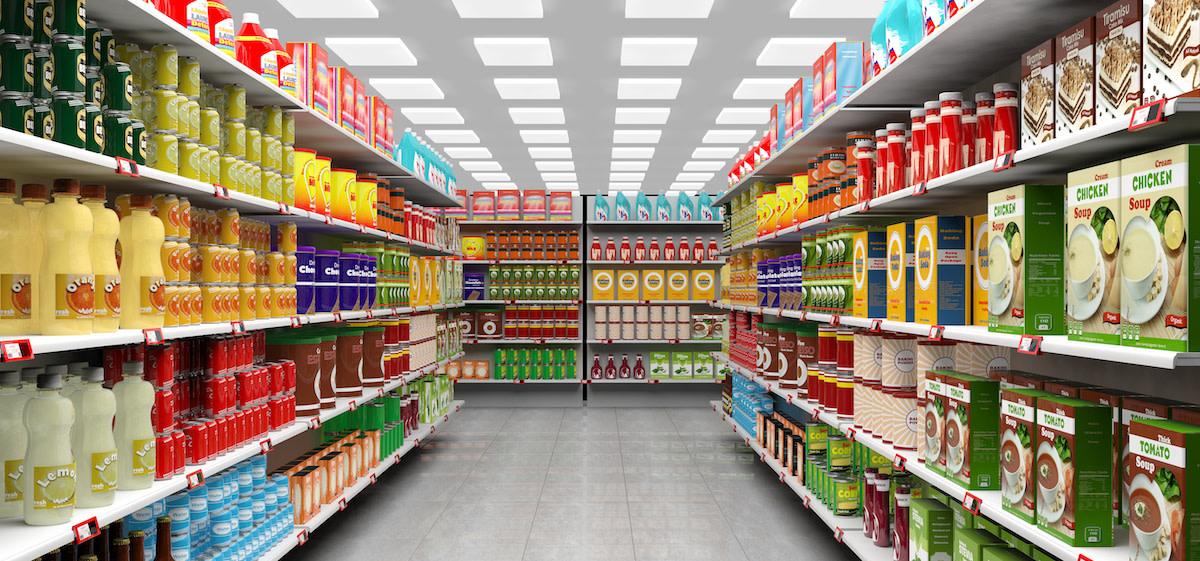White Labeling: Definition, Examples, Pros and Cons
Written by MasterClass
Last updated: Jan 31, 2023 • 3 min read
White labeling is when a company purchases a generic product and rebrands it as their own to sell in their stores. A company can use white labeling to quickly purchase products without doing the manufacturing themselves and sell various products under their own brand. Learn more about white labeling and how you can use it to create your own branded products.
Learn From the Best
White Labeling Definition
White labeling is when a company makes a product and then sells it to another company that can then add their own branding to the item. Companies can use white label products to use their own brand identity despite a third party doing the manufacturing. White labeling is a common strategy used by companies like grocery stores, software companies, and ecommerce stores to sell a wide variety of general products under their own brand. This lowers the costs of manufacturing and allows a store to diversify into many product lines.
White Label Products vs. Private Label Products
While white label products are generic products that a company sells to other businesses that then rebrand them as their own, private label products are products a company sells exclusively to one retailer. A manufacturer will sell a private label product to only one purchaser that then has exclusive right for rebranding the product and selling it in their store.
Examples of White Labeling
White labeling is a very popular strategy that companies can use in many different ways to sell products or services.
- Clothing items: A company wants to sell clothing merchandise that customers can purchase to show support for the brand. They hire a company with white label services to sell them blank T-shirts and hats. They then print their own logo on the products and sell them to customers to wear to raise brand awareness.
- Generic grocery products: A grocery store buys generic products like pasta noodles or peanut butter from various white label companies. They then add their own grocery store brand to make them look like their own products and sell them in their stores.
- Water bottles: An entrepreneur discovers that stainless steel water bottles are popular and wants to start selling them while they’re in demand. They find a white label partner who sells them generic stainless steel water bottles and then add their own brand on the bottles. The entrepreneur is able to start selling products quickly while the water bottles are still popular.
Pros of White Labeling
There are several benefits of white label products for startups, entrepreneurs, or resellers who want to develop a brand name. White labeling allows you to:
- Avoid high upfront costs: Choosing a white label solution allows you to skip the manufacturing process and possibly even have a third party manage fulfillment or white label branding. Having a white label manufacturer do this work for you means you can put more money into a digital marketing strategy to sell more branded products.
- Quickly start selling a product: A white label company will do all of the manufacturing for you. All you need to do is purchase the end product and add your company name.
- Sell supplemental merchandise: Many brands or companies create merchandise to promote their brand using T-shirts or tote bags. Many white label retailers offer products with blank templates so companies can put their own brand on them instead. You can use white labeling like this to quickly start selling merchandise or new products that can help build brand awareness.
Cons of White Labeling
There are a few disadvantages to outsourcing manufacturing to a white label company. With white labeling you have:
- High competition: You will often purchase a product from a white label company that other companies are also purchasing to resell. You may have to do a lot of work to make your branding stand out so customers don’t go to a competitor for the same product at a lower price.
- Lack of differentiation: White label products can be generic; often, only the branding you place on them differentiates them.
- Less control over quality: With a white label business model, the purchaser has little control over the quality of the product. The white label company makes decisions on all of the manufacturing and is responsible for quality control.
Want to Learn More About Sales and Motivation?
Become a better communicator with the MasterClass Annual Membership. Spend some time with Daniel Pink, author of four New York Times bestsellers that focus on behavioral and social sciences, and learn his tips and tricks for perfecting a sales pitch, hacking your schedule for optimal productivity, and more.
